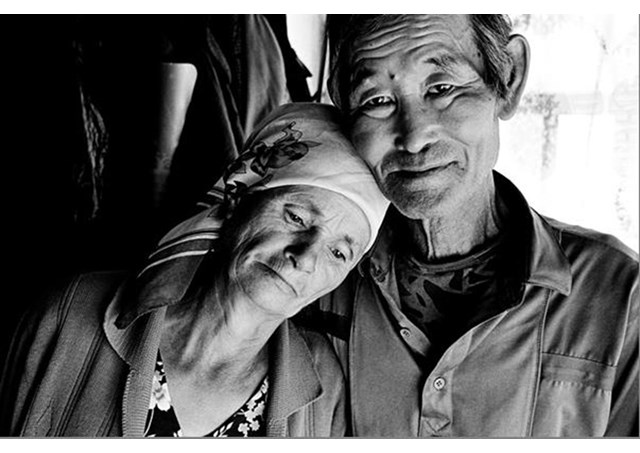
UNHCR: a moral challenge to end Statelessness in 10 years

(Vatican Radio) UNHCR spokesperson, Carlotta Sami, describes the condition of statelessness as becoming “blind”: you leave your home one day and suddenly find you have access to nowhere.
Sami says it is estimated there are at least 10 million people in the world today who are stateless, having neither nationality nor passport.
She explains that stateless people are denied access to basic rights such as education, health care and the vote to right as well as not being able to legally rent a house or be employed.
Speaking to Vatican Radio’s Linda Bordoni, Sami says the United Nations refugee agency is launching a campaign to end statelessness worldwide within 10 years.
Listen to the interview:
Statelessness Sami says, is a condition that is caused by other human beings.
She points out that among the 10 million stateless people across the world today, many of them are children and women who are particularly vulnerable as they are deprived of rights like going to school and seeking medical attention.
Sami says the phenomenon is bound to changes that occur as a consequence of war: “ in Italy for example, many stateless people come from the former Yugoslavia - having lost their State made them stateless” she says.
There are many, Sami says, “from the former Soviet Union, or from countries in Asia; there are people who, following a new law in the Dominican Republic, have suddenly became stateless, and migrants from Cuba whose status is not recognized by Cuba itself so they cannot obtain citizenship in their country of origin and they cannot even ask for citizenship in the country of destination: they are in a limbo”.
She says that the Campaign that UNHCR is launching is a huge engagement that aims to abolish statelessness in 10 years.
“We know this is affordable, we know this can be done simply by reinforcing the will of decision makers, of politicians in many States who can decide for laws that will help people be recognized with a document that will give them the possibility to accede to the rights we were mentioning” she says.
Sami explains that at this time in history there are two Conventions: one for the abolishment of the condition of statelessness, and one that reinforces acts towards its abolishment. Some countries, like Italy, have signed the first Convention but not the second; some have signed neither one nor the other.
“We are advocating to have more countries ratify the two Conventions” she says.
Sami says the stance and the voice of Pope Francis against marginalization is having a huge impact in making people more aware of what it means to be a refugee or a stateless person.
“It is so important to have a relevant moral voice because these themes are often debated in the political arena but the fact that so many people are suffering this kind of condition because of man-made actst is something we cannot ignore any more, so it is a moral challenge and a political challenge – a huge moral challenge for our era” she says.
Concluding, Sami invites everyone to think of the condition of these people: “Especially when we look at foreign migrant children we must realize they may find themselves in very difficult situations. They deserve our help and our attention”.
For more on the UNHCR "I Belong" Campaign click here.
| All the contents on this site are copyrighted ©. |


